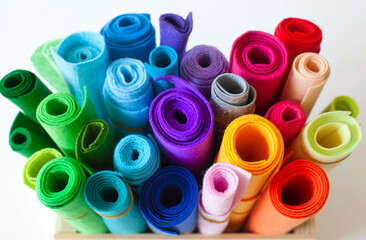What is Polyester Fabric? Material Characteristics, Uses and How Its Made
Polyester is used in many fabric products and is a household name. It has been around since the 1940s and has several uses. But just what is this fabric, how did it originate, and what do we use it for? Read on to learn everything you need to know about polyester.
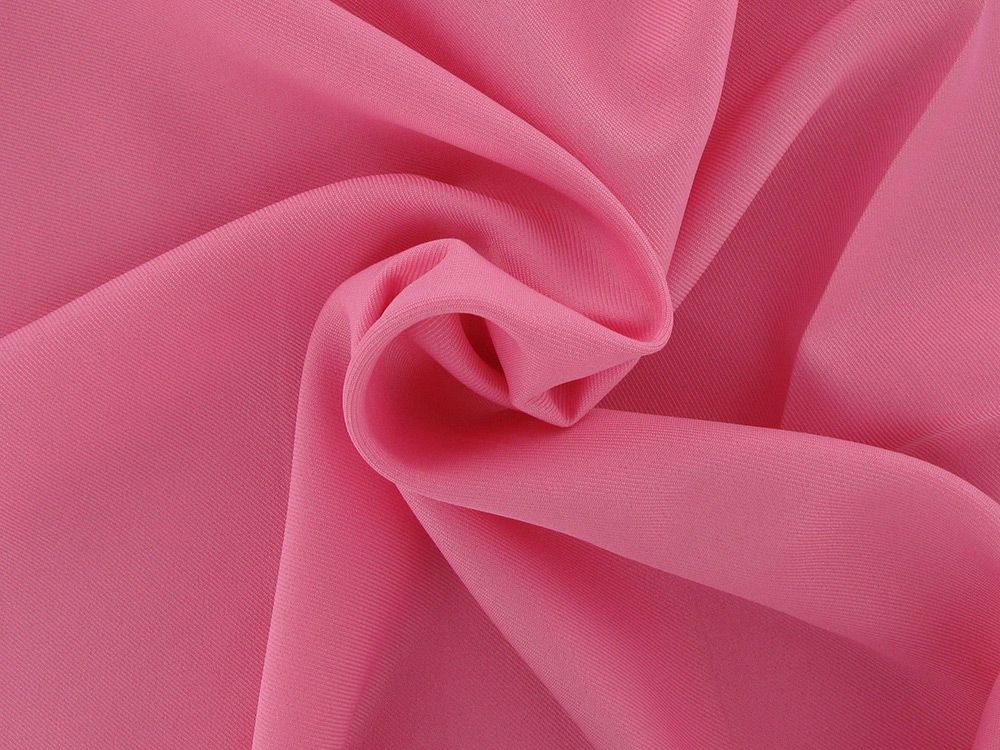
What is polyester?
Polyester is a manufactured material - its full name is polyethene terephthalate (PET). It is best known for being inexpensive and durable, making it popular for a wide range of projects. It is a synthetic product that was invented in 1941 in the UK. A British chemist first created it, and it is technically a type of plastic.
Around 1926, Terylene was a fabric developed using a similar method and polyester is considered a superior version of this original material. After it was created in the UK, America took an interest, and it was bought by the DuPont Corporation. They saw its potential and mass-produced this and other synthetic fabrics like nylon.
How is polyester fabric made?
Polyester is made by combining ethylene glycol and terephthalic acid. Although it is a handy fabric, it has waxed and waned in popularity partly because ethylene glycol is a petroleum derivative. However, there is no getting away from the fact that manufacturing garments and other products from polyester is cost-effective. Therefore, the end consumer has a relatively cheap product that is durable and practical.
In the 1970s, polyester became synonymous with the loud, shiny suits made famous by movies like Saturday Night Fever. It was marketed as an easy-care material with the slogan that it can be worn for 68 days without ironing.
The process of manufacturing polyester involves creating a monomer by combining chemicals at a very high heat. The monomer is then transformed into a polymer. Stage three is called extruding; long strips of molten polyester polymer are extruded, cooled and broken down into small pieces.
The small pieces are exposed to heat once more to melt them, and it is spun in a spinneret to make fibres. Finally, it can be cut or further processed with other chemicals to get the desired outcome and is ready for use.
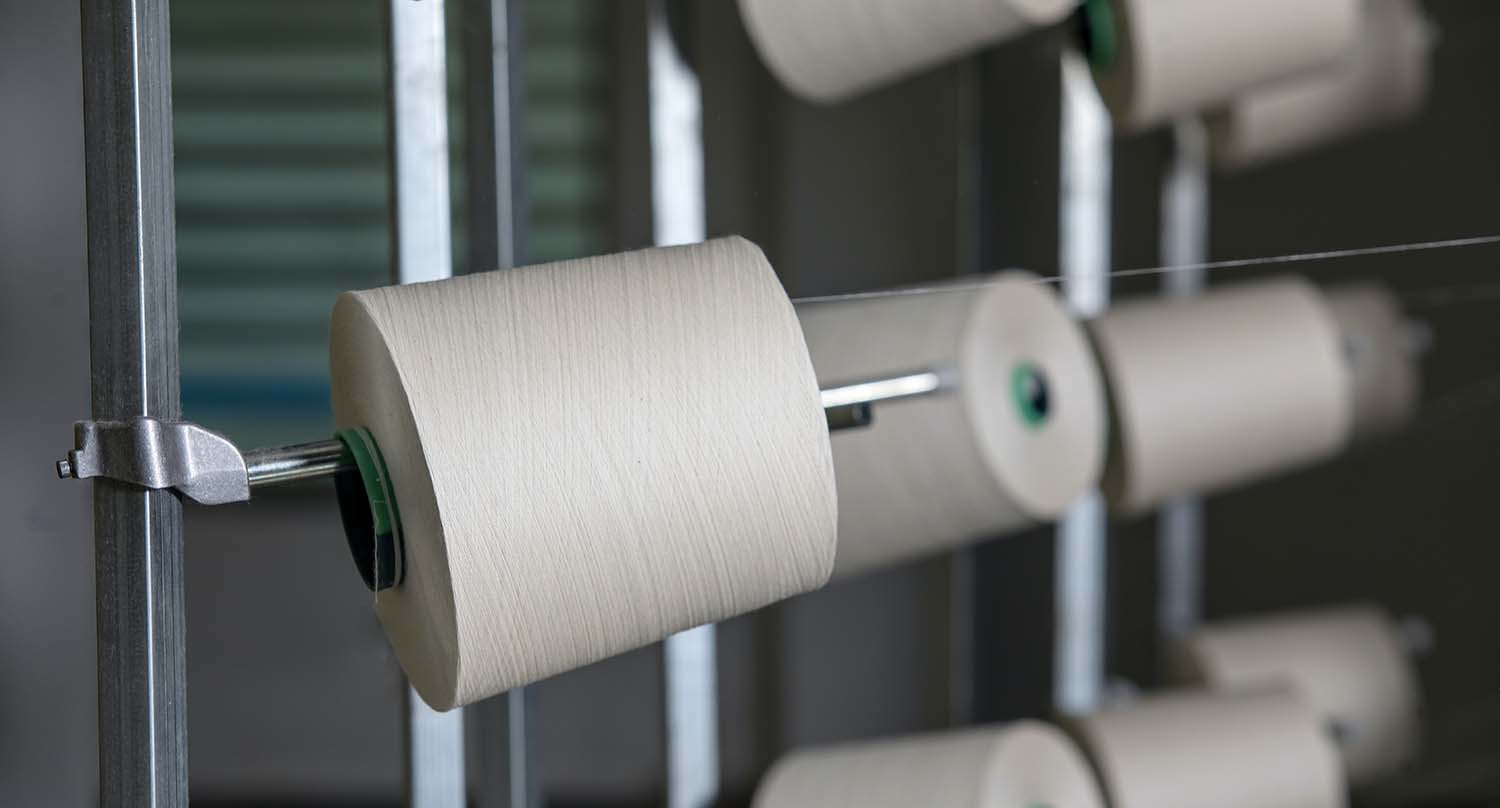
Characteristics of polyester material
Polyester is considered a very lightweight material, yet it has an impressive strength that means it is very durable and unlikely to get wrinkled or damaged easily. Furthermore, because it is a synthetic fabric, it doesn't stretch or shrink and retains its shape well. So for things like home furnishings or fashion items, permanent pleats are easy to create using 100% polyester as it is a thermoplastic that is heat sensitive.
It is also an easy material to dye and therefore comes in a wide range of colours. It’s also easy to look after a garment made from polyester - it washes well and can easily be line dried or tumble dry. The only potential issue is that it can build up static reasonably quickly. So if it has been in a tumble dryer, you may get the annoying static shock, which is harmless. This won’t happen with line drying.
To minimise the problem, it is often blended with cotton and other fibres that don’t create this effect. When combined with cotton, polyester becomes polycotton fabric.
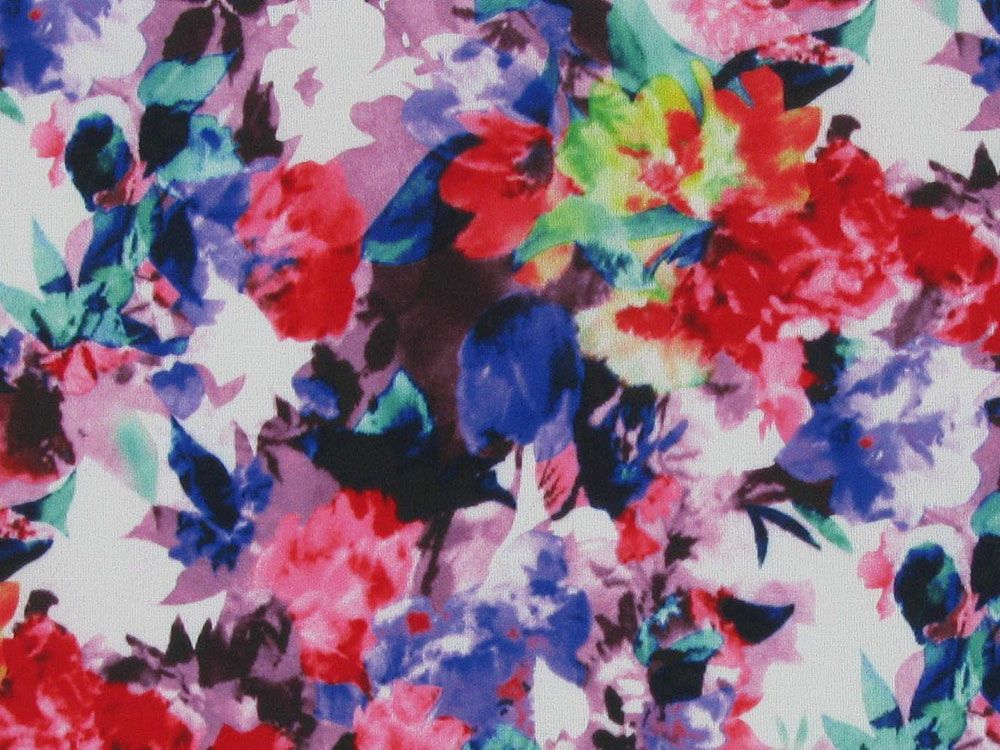
100% polyester is a smooth fabric. The fibres of polyester can either be knitted or woven to fabricate the material. If it is knitted, it gains maximum flexibility. Polyester is also naturally moisture-resistant, meaning moisture will wick away rather than get soaked up.
For that reason, polyester is popular for items that need water resistance, for example, tents and outdoor clothing. However, it can be slightly frustrating as polyester is not a breathable fabric and, therefore, could trap moisture making the wearer feel hot and sticky.
What is polyester fabric used for?
Polyester is a popular fabric and is used in many different items. It is popular for gym bags and sports bags as well as rucksacks because it is moisture-resistant, durable and cheap. As mentioned, it is used in items that need to be water resistant, like camping equipment and waterproof jackets.
It is also a popular choice for interior design and can be used in bed sheets, home decor, tablecloths and more. You will find polyester in duvet fillings because of its insulating properties, and it is also used in sewing threads and footwear. Polyester is a very flexible product with a wide range of uses.
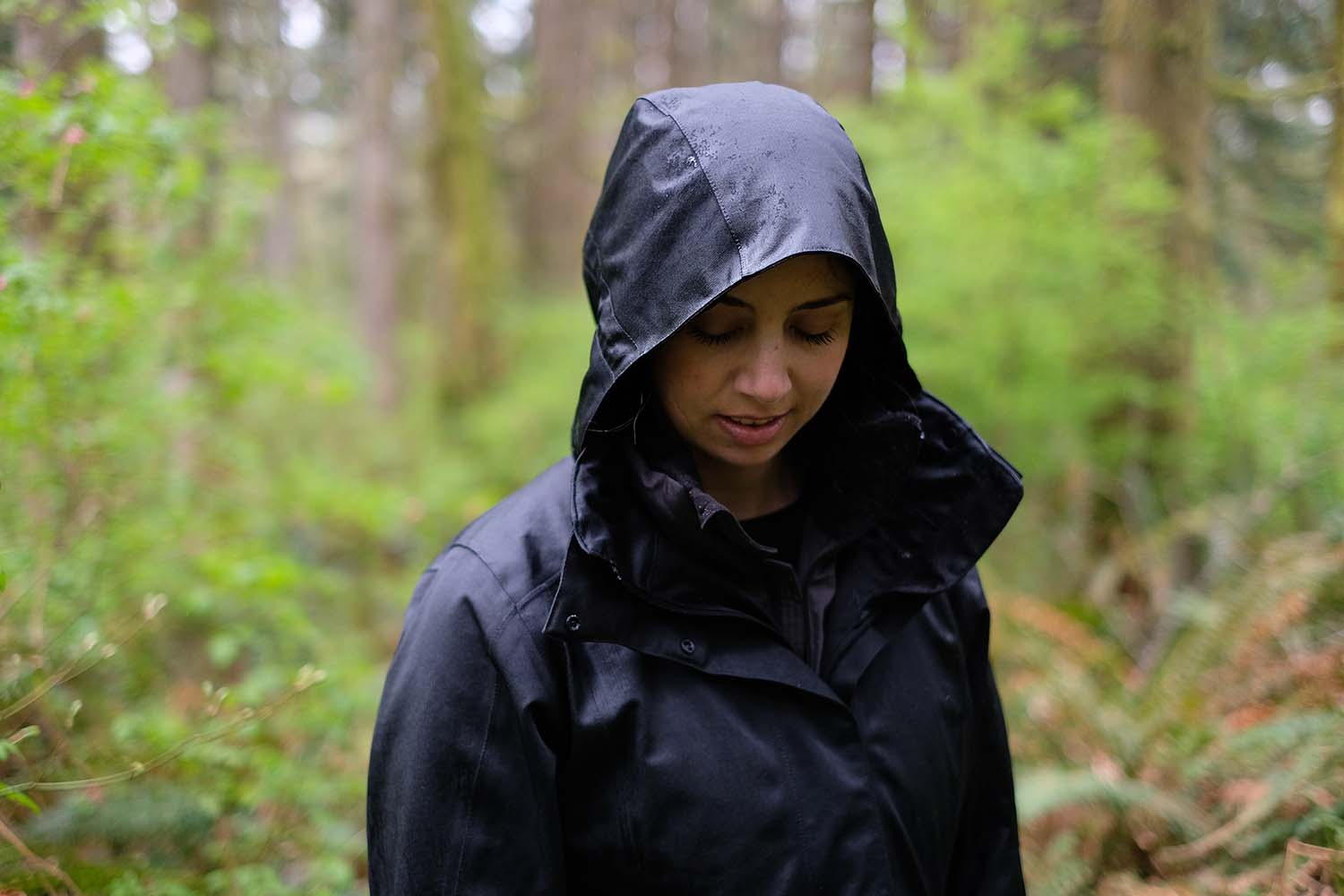
Polyester fabric sewing projects
Polyester is a versatile fabric and is an ideal choice for various sewing projects. At Dalston Mill Fabrics, we have a wide selection of polyester fabrics, including plain colours and print designs. There’s also the choice of polycotton materials if you’re looking for the benefits of polyester and cotton combined.

